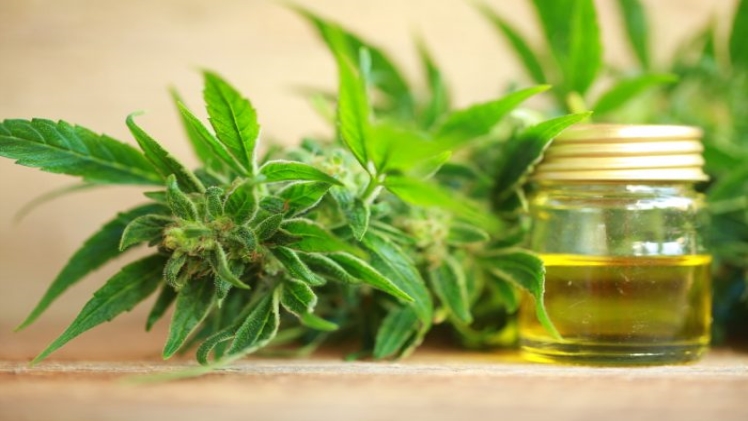Cannabidiol (CBD) has been controversial since it was introduced to the market as an alternative form of treatment for people suffering from health issues such as anxiety, inflammation, chronic pain and depression.
With many people attesting to its efficiency, CBD rose to popularity with 33% of Americans saying that they’ve used CBD at least once and 64% saying they are familiar with CBD products. And CBD will continue to be used in 2021.
Despite being one of the most booming industries in the country today, CBD companies still face these three challenges, especially in highly regulated markets:
-
The negative perception of the public about CBD being related to marijuana.
When you talk about CBD, people are quick to assume that it’s similar to marijuana, which is a prohibited drug that causes addiction. This common misconception has made it extra difficult for CBD companies to market their products because it’s stopping people from really understanding the benefits of using CBD as a form of treatment.
But if consumers take the time to learn about CBD products, they’ll learn that CBD isn’t addictive and that it has been proven to help patients suffering from different chronic conditions without the “high” that they think they’d experience from it.
-
The varying regulations implemented in different states.
When former President Donald Trump signed the “Farm Bill” that removed hemp from the controlled substances list and legalized hemp production in agriculture, CBD companies thought they were already taking one step closer to being recognized as a legitimate alternative treatment method.
The bill even directed the Federal Crop Insurance Corporation (FCIC) to streamline hemp development policies and that hemp should be covered by crop insurance.
But while these regulations are welcome developments for the CBD industry, there is still the challenge of having to adjust to the regulations implemented by different states.
This is because the law still gives a state the ability to ban hemp production at its own discretion. It makes the supply of hemp unstable for CBD companies and they might find themselves having a hard time catering to the growing number of consumers just because they lack the raw materials needed to produce their CBD products.
-
The problem with securing a payment processor.
CBD companies are tagged as high-risk merchants because of the nature of their business and the controversy still surrounding the products that they sell. This makes it harder for them to secure a good payment processing partner that will allow them to easily process payments on their websites.
Traditional banks and financial institutions don’t usually work with CBD businesses because of different state regulations and concerns about legalities regarding this industry.
Fortunately, there are now several merchant providers that are willing to give high-risk merchant accounts to CBD companies that prove their legitimacy after submitting different requirements.
It may still be a long way to go for the CBD business to be fully recognized as an effective alternative treatment for patients who suffer from chronic conditions, but small steps are now being taken towards achieving that goal.
